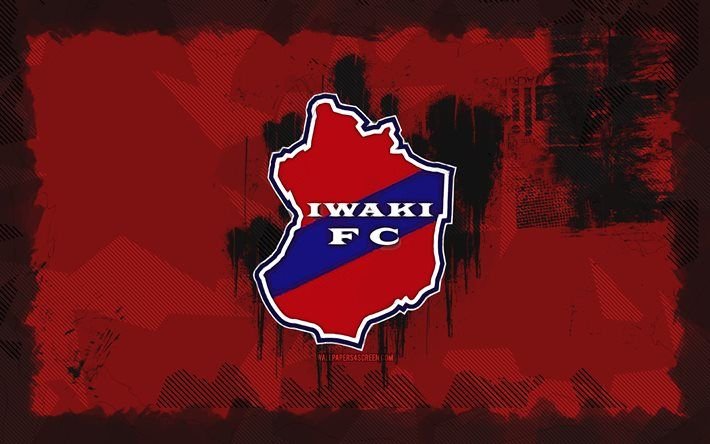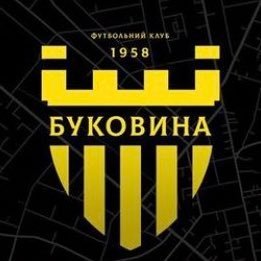
Iwaki FC
Iwaki FC has become a fascinating story in the landscape of Japanese football—an emblem of determination, growth, and community spirit. As a club that has rapidly ascended through the ranks in Japan’s football hierarchy, Iwaki FC exemplifies how dedication and strategic vision can turn a lesser-known team into a rising star.
In this comprehensive exploration, we delve into the origins of Iwaki FC, its remarkable journey, the players and management that have shaped its success, and the club’s promising future. Whether you are a devoted football fan or a newcomer eager to understand Japan’s dynamic football culture, this article provides an in-depth look at one of Japan’s most captivating clubs.
The Origins and Evolution of Iwaki FC
Understanding the rise of Iwaki FC requires looking back at its humble beginnings and the philosophy that has driven its ascent. From a regional squad rooted in Iwaki City in Fukushima Prefecture to a national contender, the club’s evolution reflects broader trends in Japanese football, including grassroots development, community involvement, and strategic investment rwin.
Initially established as a small amateur club, Iwaki FC faced many hurdles common to lower-division teams. These included limited resources, infrastructure constraints, and the challenge of attracting talented players. Yet, what distinguished Iwaki FC from many peers was its unwavering commitment to community engagement and sustainable growth. The club became a beacon of local pride, rallying fans from Iwaki City and beyond.
Over time, Iwaki FC adopted a long-term approach, focusing on developing young talent through youth academies and forging partnerships with local entities. It also invested heavily in improving training facilities and building a professional infrastructure aligned with modern football standards. Driven by an ambitious leadership team, the club systematically climbed the Japanese football pyramid, earning respect and recognition for its strategic planning and resilience.
Foundation and Early Years
Founded in the early 21st century, Iwaki FC started as a modest amateur team aiming to foster local talent and promote grassroots football. The club’s founding principle was rooted in community empowerment, making it more than just a sports entity but a social catalyst. The club quickly gained local support, as fans appreciated its commitment to representing Iwaki City with pride.
In its formative years, Iwaki FC participated in regional leagues, steadily building a squad that prioritized youth development and team cohesion. Despite many setbacks—such as limited funding and infrastructural challenges—the club’s community-centered approach kept it afloat and steadily progressing through the tiers of Japanese football.
The dedication of its founders and early players laid the foundation for future success. Community events, youth clinics, and local sponsorships played significant roles in fostering a loyal fan base. Such grassroots efforts transformed Iwaki FC from a mere amateur club into a symbol of local resilience and ambition.
Strategic Growth and Ascension
As Iwaki FC began to see the fruit of its grassroots investments, the club shifted its focus toward systematic progression. The leadership adopted a professional approach, emphasizing disciplined training, tactical innovation, and talent scouting. Recognizing the importance of youth development, the club expanded its academy and partnered with local schools to identify promising young players.
These initiatives paid off when Iwaki FC entered national competitions with a well-rounded squad. The club’s growth coincided with Japan’s broader football development policies, which aimed to elevate regional teams and diversify the competitive landscape. Over successive seasons, Iwaki FC moved from regional leagues to the Japan Football League, cementing its status as an ascending force.
The club’s story demonstrates how a clear vision, coupled with grassroots engagement and strategic investments, can facilitate rapid progress. Iwaki FC has become a role model for other smaller clubs, illustrating that success is achievable with perseverance and community support.





